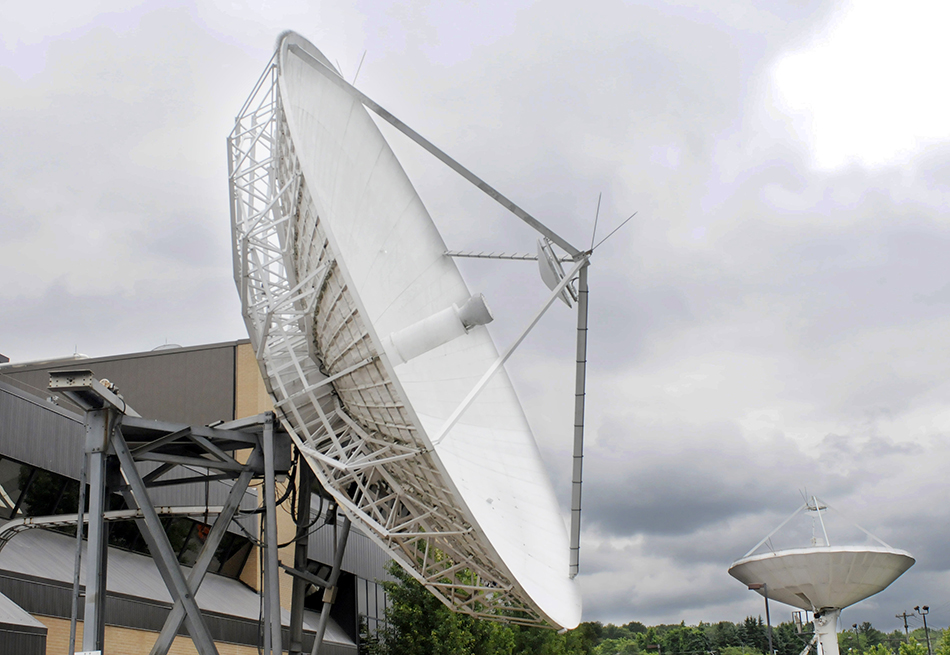Wireless Companies: Airlines' Baseless C-Band Petition Should Fail
Tell FCC that A4A fails all prongs of stay petition test

The smarter way to stay on top of the streaming and OTT industry. Sign up below.
You are now subscribed
Your newsletter sign-up was successful
"Baseless and brazen" is how wireless companies framed the 11th hour petition by the airline industry to block the deployment of 5G in the C-Band, scheduled to roll out January 5 by AT&T and Verizon.
Airlines for America (A4A) filed an emergency petition at the FCC December 30 asking that the commission stop implementation of rules for the rollout of 5G in the band and suggesting not to do so could cost the airline industry a billion dollars and delay shipments of COVID-19 vaccines and tests.
In their response to the petition December 31, CTIA—The Wireless Association, AT&T and Verizon, said the petition "flunks all four factors" for stay requests, and was a baseless and brazen effort that should be denied.
AT&T and Verizon said they had made good faith efforts to work with the airline industry over their concerns about 5G interfering with altimeters, but that A4A had "abruptly" terminated the talks and sought the stay, saying it would go to the courts if the FCC does not respond by noon (CTIA and company called it "high noon") on January 3.
They said the petition is meritless because, for one thing, it has no plausible basis for doubting the FCC engineers' conclusion that 5G and aviation systems can coexist without harmful interference, findings the wireless companies called "correct then and are unimpeachable today."
They said 5G would cause no cognizable harm to airline interests, much less irreparable harm, but that a delay caused by a stay would be an irreparable competitive hit on Verizon and AT&T due to lost revenues and what they called "competitive credibility." Then there are the billions of dollars in incentive payments they forked over to get satellite companies to move off the spectrum early following the C-Band spectrum auction, losses they said would never be recovered. Then there is the billions more in economic harm to the country by "slamming on the brakes" on the transition to 5G.
They had their own COVID-19-related harm, saying putting on the brakes would "disrupt critical connectivity for schools and students who are once again facing challenges associated with remote learning with COVID-19 cases again surging."
The smarter way to stay on top of the streaming and OTT industry. Sign up below.
"All of these harms to the national interest are too high a price to pay for the aviation industry’s longstanding unwillingness to upgrade any altimeters it believes might be vulnerable to C-Band operations," they told the FCC. "More to the point, A4A has identified no plausible basis on this record for making America pay that price." ■
Contributing editor John Eggerton has been an editor and/or writer on media regulation, legislation and policy for over four decades, including covering the FCC, FTC, Congress, the major media trade associations, and the federal courts. In addition to Multichannel News and Broadcasting + Cable, his work has appeared in Radio World, TV Technology, TV Fax, This Week in Consumer Electronics, Variety and the Encyclopedia Britannica.

